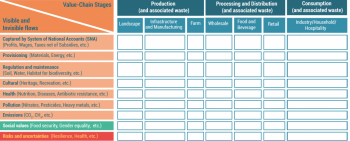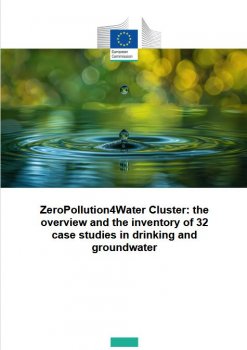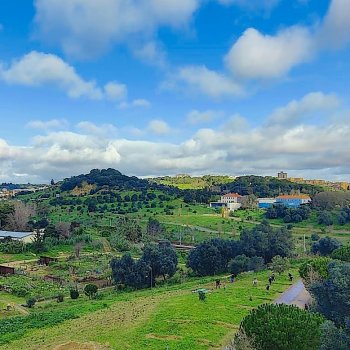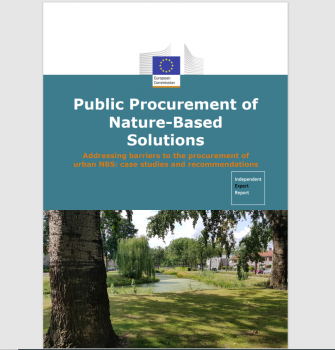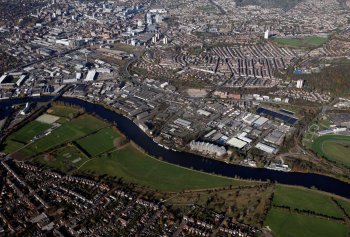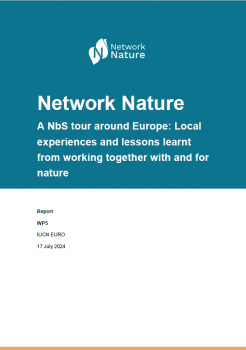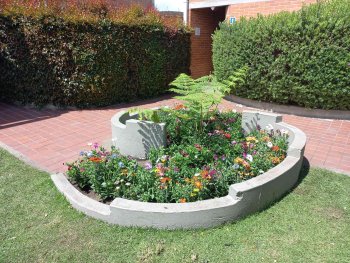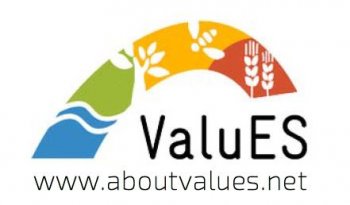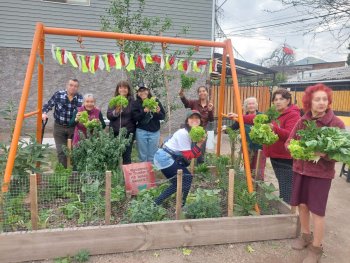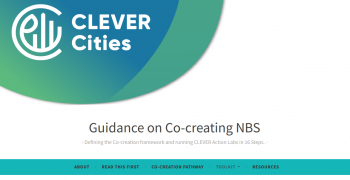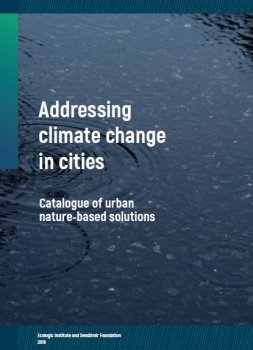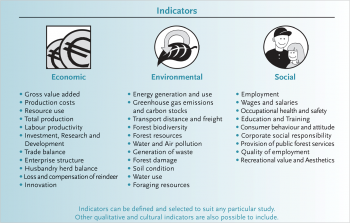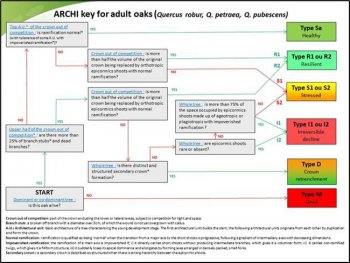Marketplace
Vegetation for urban green air quality plans
Are you aware of the benefits that urban vegetation can produce to lowering temperature and improving air quality? Do you remember how you missed being in contact with nature during the lockdown? The book presents how the Life VEG-GAP project consortium have deepened the links between vegetation
TEEBAgriFood Valuation Framework
The TEEBAgriFood valuation framework is a frame of analysis that can enable us to answer the question "what should we value, and why?" The framework ensures that nothing important is missed, and that the full range of impacts and dependencies (including externalities) from eco-agri-food
ZeroPollution4Water Cluster: the overview and the inventory of 32 case studies in drinking and groundwater
This report aims to provide an overview about the 32 cases studies of seven ZeroPollution4Water Cluster projects. These seven projects received funding under Horizon Europe Research and Innovation programme in 2022, aiming to prevent groundwater pollution and secure drinking water quality.
The social-ecological system in the study of Poznań’s integrated geography
The article presents the contribution of the Department of Integrated Geography of the Adam Mickiewicz University in the development of methodological framework and practical applications within the concept of the social-ecological system. The ongoing work focuses on several research fields. They
A concise guideline to economic valuation and social cost-benefit analysis
In this guideline we give a concise overview of economic valuation methods for measuring ecosystem service values, and their pros and cons. We also discuss essential elements of social cost-benefit analyses that aim to incorporate ecosystem service values.
A global map to aid the identification and screening of critical habitat for marine industries
This paper provides a global map to identify potential and likely marine and coastal Critical Habitat, as defined by 'International Finance Corporation Performance Standard 6'. Eleven biodiversity features are identified which can be used as an early screening aid by industries and
- Document
Characterisation of the genetic diversity of the chestnut heritage, soil biodiversity and biofertility Emilia-Romagna
Collective effort tostudy the genetic variability of chestnut germplasm and to enhance and promote the role of the chestnut grower as a 'guardian' of biodiversity and land protection.
European Long-Term Ecosystem and Socio-Ecological Research Infrastructure (eLTER H2020)
The overall aim of the eLTER project is to advance the European network of Long-Term Ecosystem Research sites and socio-ecological research platforms to provide highest quality services for multiple use of a distributed research infrastructure.
Public procurement of Nature-Based Solutions
Nature-Based Solutions (NbS) can be a powerful tool for cities dealing with the contemporary sustainability challenges including degradation of natural capital and ecosystem services, vulnerability to climate change and natural disasters, as well as corresponding health and wellbeing issues. NbS
Community Geotimeline
Online tool for harnessing and assessing community capital and resilience.
City Networks as Change Catalyzers: Strategies to Drive Action Around Nature-based Solutions in Municipalities
City networks play a crucial role in promoting and supporting local authorities in the implementation of nature-based solutions (NbS). By facilitating knowledge-sharing, peer-to-peer learning, and collective efforts, city networks enable local authorities to exchange insights, build capacities, and
A NbS tour around Europe: Local experiences and lessons learnt from working together with and for nature
The NetworkNature NbS Hubs community came together and showcased a “Live tour of Nature-based Solutions around Europe” at The Nature of Cities Festival, in Berlin, June 2024. Nine NbS Hubs shared insights from ten site visits, presenting their experiences and findings. This report captures the key
Conexus key learning factsheet series - Nature-based Solutions in Latin American and European countries: Trends and perspectives
The conceptual development and practical implementation of Nature-based Solutions (NbS) has rapidly advanced in the European Union (EU) and Latin American (CELAC) cities. A 2000-2020 literature review on NbS and related concepts shows advances, gaps, and insights, generating a valuable reference on
GIZ ValuES - Paper on Increasing the Policy Impact of Ecosystem Service Assessments and Valuations - Insights from Practice
This report gives an overview about requirements and options for enhancing the practical usefulness and political relevance of ecosystem service assessments and valuations (ESAVs). It focuses on practical aspects of the ESAV process: How can potential users of ecosystem service knowledge draw
Conexus Life-Lab Factsheet Series: Co-producing NbS in the “Remodelación Panamericana Norte”
The regeneration of the “Remodelación Panamericana Norte” neighborhood, facilitated by the program “Quiero Mi Barrio,” enabled the improvement of the neighborhood by bringing in Nature-based Solutions (NbS). The accompanying five-step collaborative process supported improving social security and
Guidance on Co-creating NbS CLEVER Cities
This guidance contains a toolkit for the implementation of the co-creation process, including the 16 steps envisioned in a complete co-creation pathway to support cities to achieve successful implementation of nature-based solutions. On this website you can find all the useful tools, resources to
Addressing Climate Change in Cities – Catalogue of urban nature-based solutions
Nature-based solutions (NbS) are solutions that are inspired and supported by nature. They can be used in urban settings to complement or replace "traditional" or "grey" solutions to perform functions, such as thermal insulation and stormwater retention and filtration. Focusing
Tool for Sustainability Impact Assessment (ToSIA)
ToSIA is a decision support tool that was originally developed for the forestry sector, which analyses sustainability impacts of Forest-Wood-Chains (FWCs) and value chains related to resource use. Value chains are chains of production processes that are linked with products. ToSIA compares
Vigil'encre: Participatory science tool for epidemiological surveillance of chestnut ink
An app to diagnoze and report suspected cases with precise information and geolocation data for epidemiological surveillance of Phytophthora, helping in understanding disease distribution and its interactions with drought
- ‹ previous
- 20 of 45
- next ›


